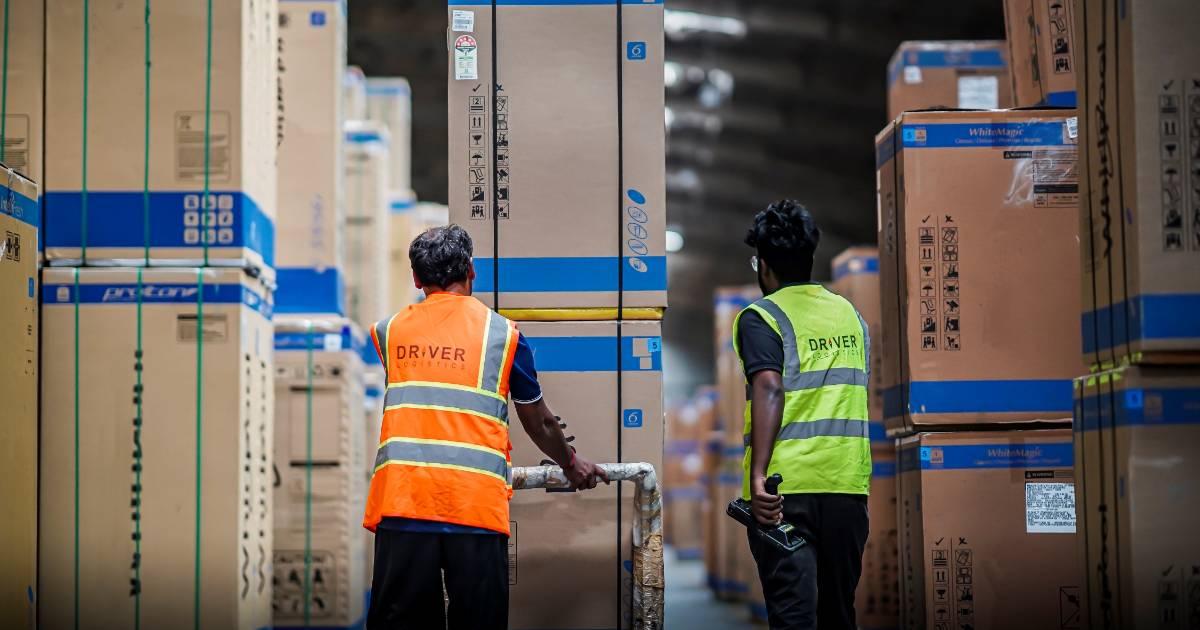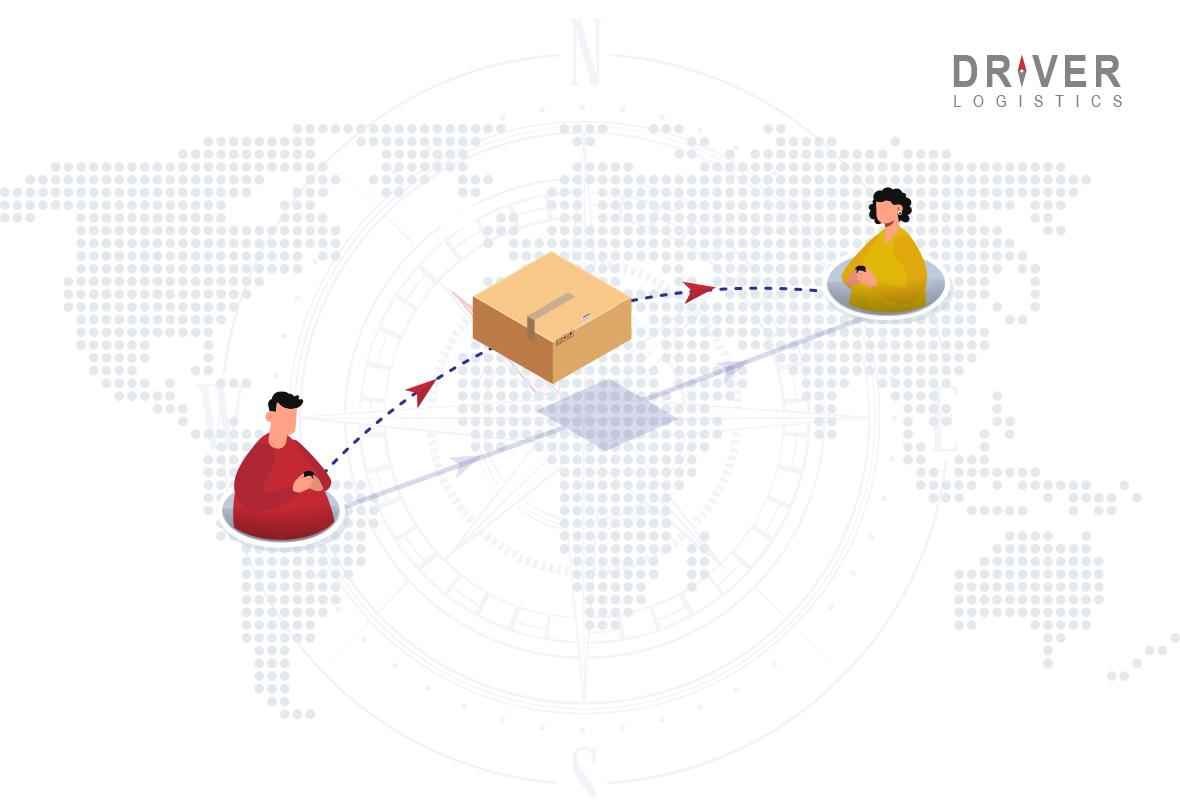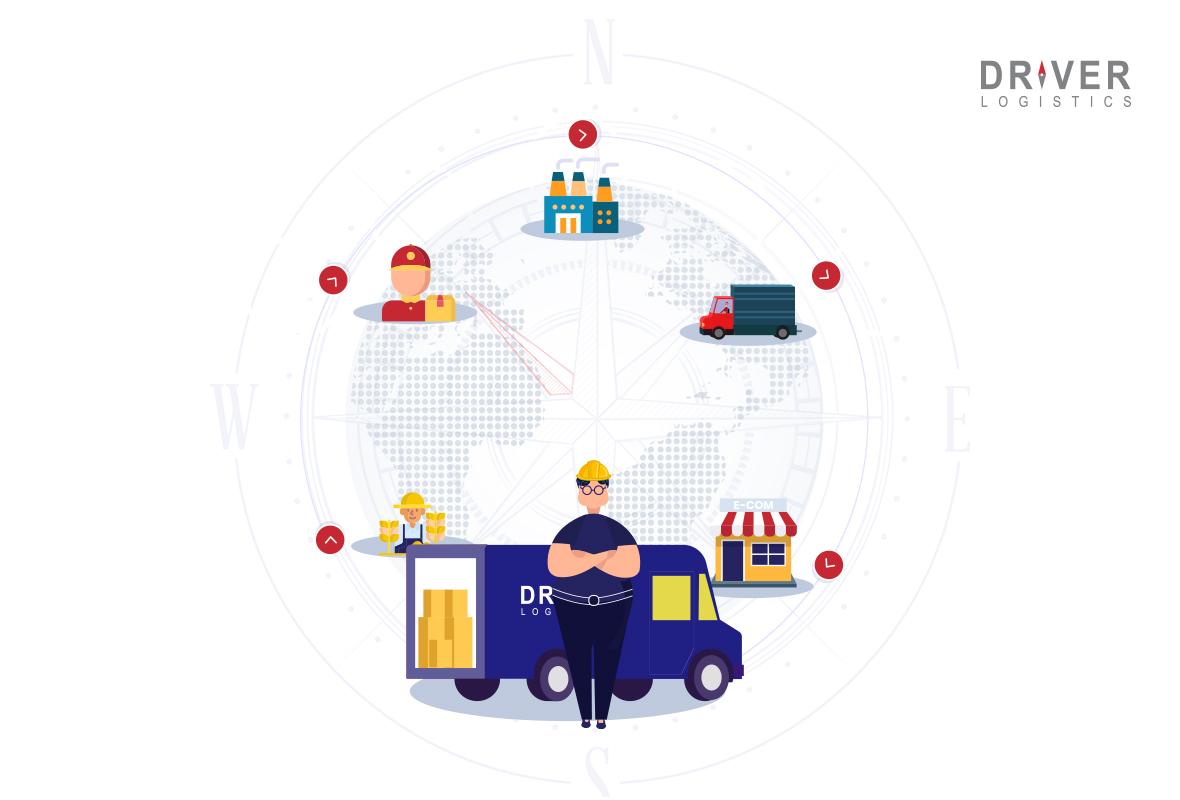
It is no secret that logistics play a vital role in international trade. By definition, logistics is the coordination of the movement of goods between two points, usually involving transportation, warehousing, and often also including order fulfilment. In the context of international trade, logistics becomes even more complex, as it must take into account the different customs regulations, transportation networks, and infrastructure in different countries.
Despite the challenges, logistics is essential for international trade to function. Without the ability to efficiently move goods around the world, businesses would be limited to selling only within their own country. This would severely restrict the growth potential of many businesses and limit consumer choice.
Fortunately, there are a number of ways to overcome the challenges posed by international logistics. Working with experienced logistics providers is one of the most effective ways to ensure that goods arrive at their destination on time and in good condition. These providers have the knowledge and resources necessary to navigate the complexities of international shipping.
In addition, businesses can use technology to their advantage when it comes to international logistics. There are a number of software solutions that can help businesses track their shipments, manage inventory, and automate various processes. By investing in these types of solutions, businesses can gain a competitive edge in the global marketplace.
Read More: Role of Supply Chain Management in Kirana Store Recovery
Things to Consider When Selling Goods in The International Market

When it comes to selling your product or service internationally, there are a number of reasons why this can be beneficial for your business. For starters, it can help you to tap into new markets and reach new customers that you wouldn't have otherwise had access to. Additionally, selling internationally can help you to grow your business by increasing your sales and revenue. Furthermore, it can also help you to better compete with other businesses in your industry that are also selling internationally. Finally, by selling internationally you can also help to create jobs and support the economy in your home country.
Here is an overview of things that all aspects that international logistics involve:
- If you wish to expand your business operations into the global market, it is essential to assess your present physical distribution of goods. For instance, if you're holding inventory and shipping orders from a single warehouse in your local area, you'll need to figure out how much it will cost you to ship an international order offshore. To deal with the situation, there are numerous choices. Orders can be shipped internationally from your native countries. However, if you want to save money on shipping charges to get your product to the border before it is delivered outside, you could wish to relocate to a warehouse location.
- Depending on your budget and delivery deadlines, you have a variety of transportation options at your disposal, including air, sea, or ground shipment, as well as parcel or freight shipping. Only after carefully weighing the costs, travel times, and dependability of each method of transportation can you make the best choice. Additionally, it would be beneficial if you chose the one that would maximize your margins. Most kinds of transportation, particularly cross-border shipping, require transporting an order to a foreign location.
- Orders shipped internationally have a convoluted transportation process with variable arrival periods. Depending on where you are sending it to, delivery times are frequently long. Due to the fact that the orders are sent from one nation to another, many regulating organizations are also engaged.
- For the efficient conclusion of the transportation procedure, you should double-check your shipping papers and that the items you're transporting comply with the nation's trade norms and regulations. Finally, it's essential to predict last-mile delivery delays and notify your clients of order statuses.
- You will incur additional charges, such as customs and import duties, when shipping products overseas. These taxes differ from nation to nation and are significantly influenced by the price of the imported items. A country's customs clearance process also involves a lot of documentation.
- Additionally, it is your duty as the shipper to let your consumers know about such charges. If your consumers don't know about the extra fees, they might never pick up the order, and you'll be responsible for any products that are delayed at customs.
Recommended Reading: How to Increase Customer Loyalty in the E-Commerce Through Logistics
How Logistics Help to Improve International Trade
International trade can present many logistical challenges. In order to get products from one country to another, businesses must contend with regulations, duties, and tariffs, as well as often-lengthy shipping times. Depending on the type of product being shipped, there may also be special storage requirements. For example, foods and pharmaceuticals must often be transported under controlled temperature conditions to ensure they remain fresh and effective.
The challenges of logistics in international trade can be daunting for small businesses that lack the resources of larger companies. However, by working with a reliable logistics partner, businesses of all sizes can overcome these challenges and take advantage of the opportunities that global trade offers.
Here are some of the key steps that can be taken to improve international trade:
1. Improve communication and collaboration between all parties involved in the supply chain. This includes manufacturers, suppliers, freight forwarders, and Customs brokers.
2. Streamline documentation and information sharing. This will help to avoid delays and errors in the processing of shipments.
3. Use technology to your advantage. There are many software solutions available that can help to automate and manage the logistics process.
4. Stay up-to-date on changes in regulations and compliance requirements. This will help to ensure that shipments are processed smoothly and without any issues.
5. Work with experienced and reputable logistics providers. This will ensure that your shipments are handled efficiently and securely.
Relevant Reading: Top 6 Benefits of Non-Asset Based 3PL Services Over Asset Based 3PL Services
How Does Logistics Help Streamline International Trade?
Logistics play a vital role in international trade and can be the difference between success and failure. By streamlining your international trade through logistics, you can enjoy a number of benefits, including improved delivery times, reduced costs, and enhanced customer service.
Improved Delivery Times
One of the main benefits of streamlining your international trade through logistics is improved delivery times. When you have a streamlined logistics operation, you can be sure that your goods will be delivered on time and in good condition. This is because all the different elements of the supply chain are coordinated effectively, from manufacturing and packaging to transport and distribution. This means that there are no delays or disruptions along the way, and your goods will reach their destination quickly and efficiently.
Reduced Costs
Another benefit of streamlining your international trade through logistics is reduced costs. A well-run logistics operation can help you to save money on transportation, storage, and other aspects of the supply chain. This is because when everything is running smoothly, there are fewer opportunities for mistakes or problems to occur. This can lead to significant savings over time, which can be passed on to customers in the form of lower prices or higher quality
Enhanced Customer Service
Enhanced customer service is another benefit of streamlining your international trade through logistics. When customers know that they can rely on you to deliver goods on time and in good condition, they will be more likely to do business with you again in the future. This repeat business can lead to increased sales and profits for your company over time. In addition, happy customers are also more likely to recommend your company to others, which can help you to attract new customers as well.
Obtain New Customers
Selling your goods internationally enables you to reach a whole new market niche. Before going global, you will need to undertake an adequate study. You'll also need to choose the best shipping methods, whether you choose to open an overseas warehouse in your new market or ship international orders from your warehouse. The client demands and market regulations vary depending upon the nation's customs rules and regulations. So if f you want to explore a new market, make sure you understand its market, policies, and customers.
Tips to Improve Logistics for International Trade

Proper Planning
Proper planning is essential to streamlining your international trade through logistics. You need to consider all aspects of your supply chain and develop a plan that will optimize efficiency and minimize costs. To do this, you should work with a reputable logistics provider that has experience in handling international shipments. They will be able to advise you on the best route for your goods and help you avoid any potential delays or issues.
The Right Partners
Working with the right partners is another key element of streamlining your international trade through logistics. Your logistics provider should be able to offer you a comprehensive range of services that can meet all of your needs. They should also have a good understanding of the regulations and requirements for shipping goods to different countries. This will help to ensure that your shipments are handled smoothly and efficiently, without any delays or problems.
The Use of Technology
Technology can also play a role in streamlining your international trade through logistics. By using tracking systems and online tools, you can make it easier to monitor your shipments and keep track of where they are at all times. This information can be used to adjust your plans if there are any delays or changes in the shipping process. In addition, using electronic documentation can help to speed up the customs clearance process, which can further reduce delays and improve efficiency.
Get Ready to Explore International Market
Logistics play a critical role in international trade, and by streamlining your logistics operation, you can enjoy significant benefits in terms of improved delivery times, reduced costs, and enhanced customer service. To streamline your international trade through logistics, proper planning is essential, as is partnering with the right logistics providers. The use of technology can also help to streamline your logistics operation and improve its efficiency.
In a nutshell, International trade is a complex process that needs effective supply chain tactics to grow. You must periodically review international logistics management since the supply chain network is always evolving. You can make sure that your supply chain network is as effective as possible by adhering to these recommendations.